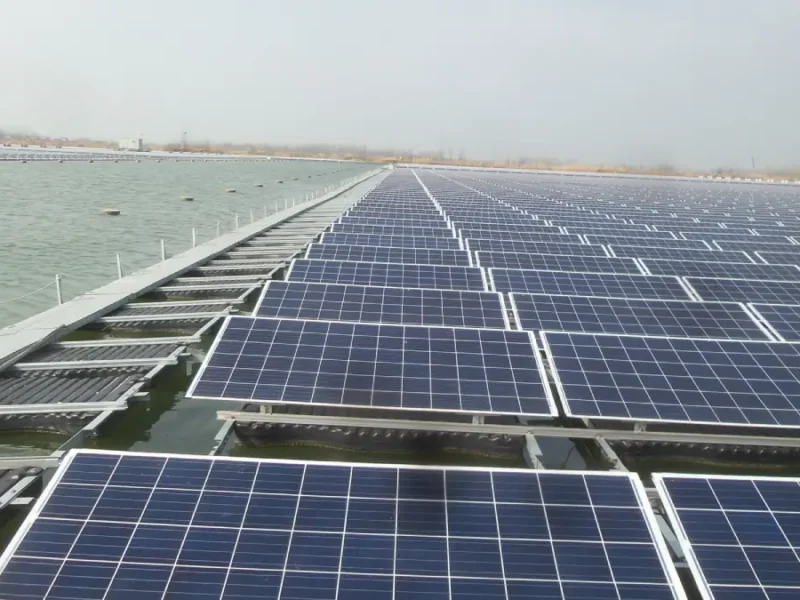
Genetic Study Sheds Light On Plant Adaptation To Climate Change
VIENNA (ANI) – As climate change accelerates, plants face increasing pressure to adapt to new environmental conditions. This is especially critical for crops, as drought- and heat-resistant plants are essential for ensuring food security in an unpredictable future. Some plants, like Arabidopsis thaliana, demonstrate remarkable adaptability, thriving in climates as diverse as Sweden and Italy.
A recent study by researchers from the Gregor Mendel Institute of Molecular Plant Biology, the Umea Plant Science Centre, and Hiroshima University has shed light on the genetic mechanisms behind climate adaptation in Marchantia polymorpha. By combining population genetics with global climate data, the team identified genetic variants linked to traits such as heat resistance and seed size, which enhance survival and reproduction in various environments.
To explore these adaptations, the researchers analyzed Marchantia polymorpha subpopulations from Europe, America, and Japan, creating a population genomics database. By correlating genetic profiles with local climate data, they uncovered how specific genetic traits align with environmental conditions.
The study also revealed interesting regional differences in genetic variability. European populations displayed high genetic diversity, while geographically isolated Japanese populations showed more uniform genetic profiles. These differences suggest that climate adaptation may influence reproductive strategies in different regions.



